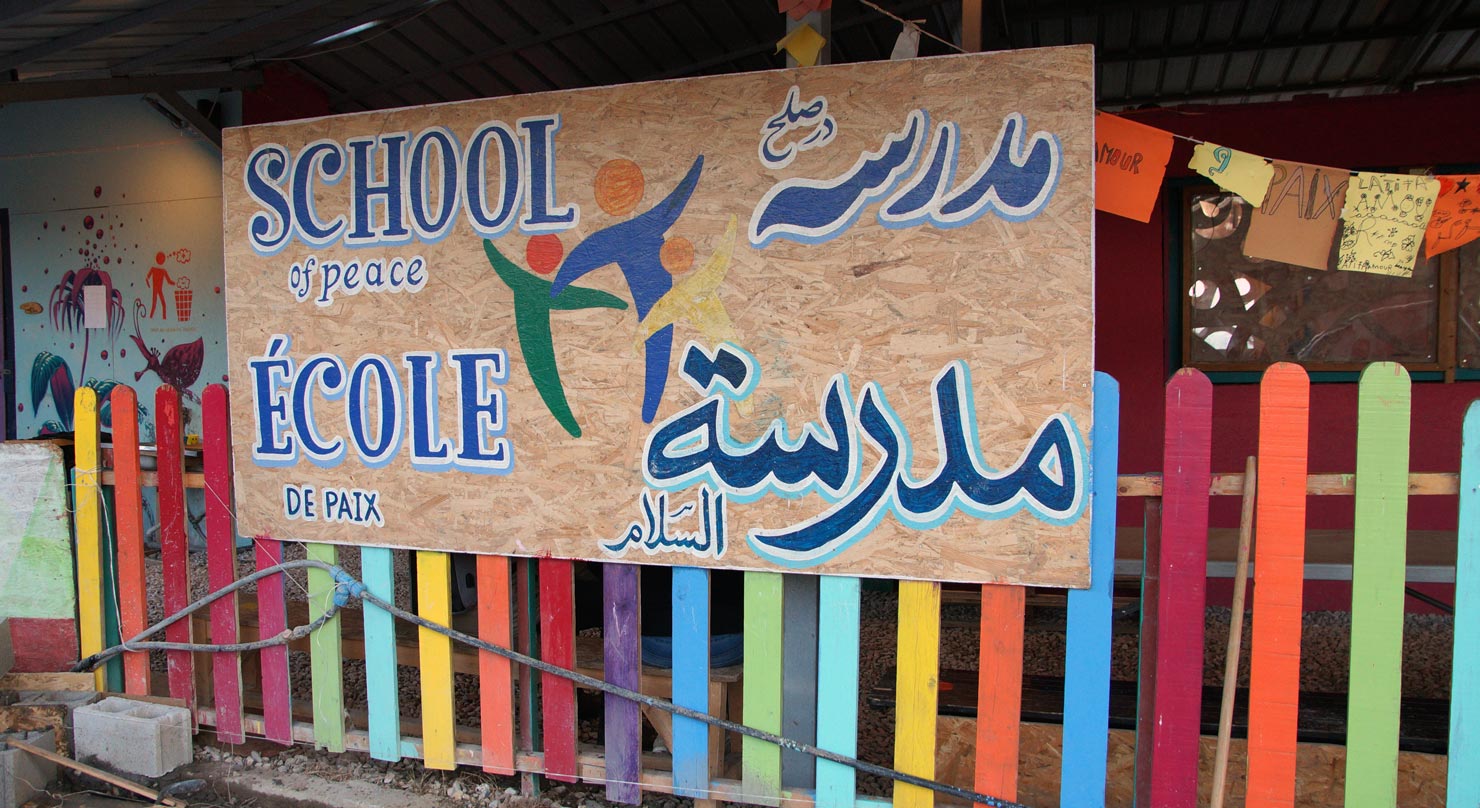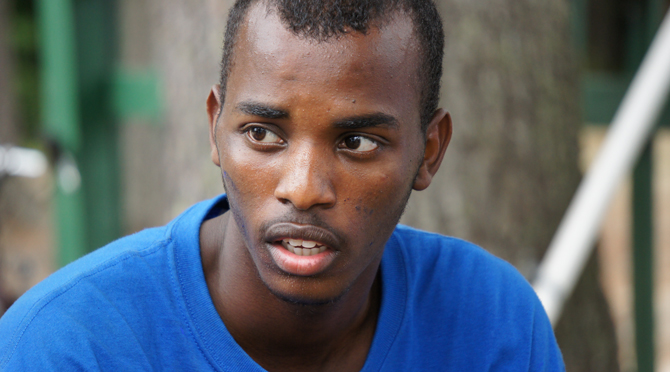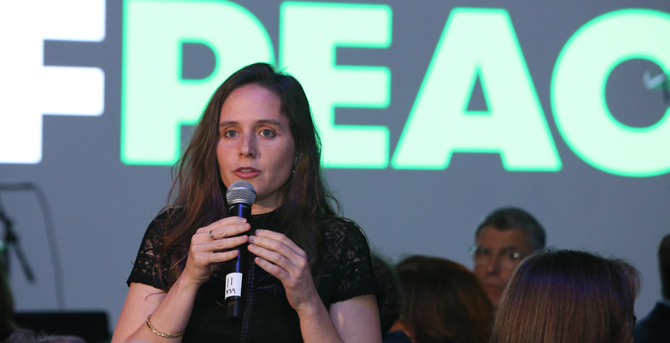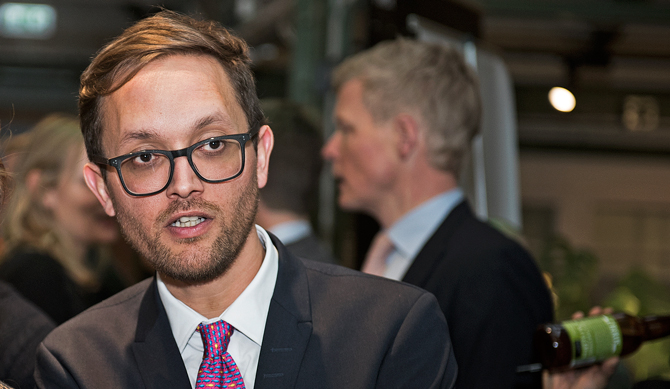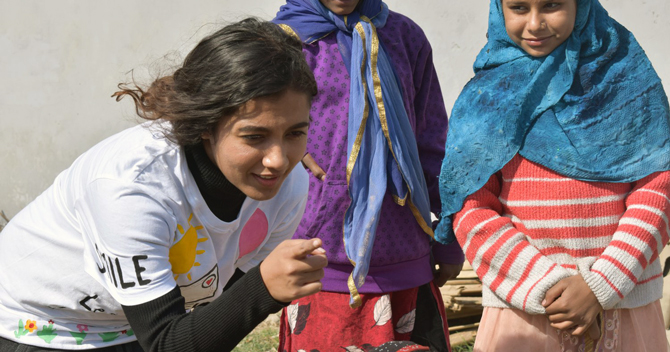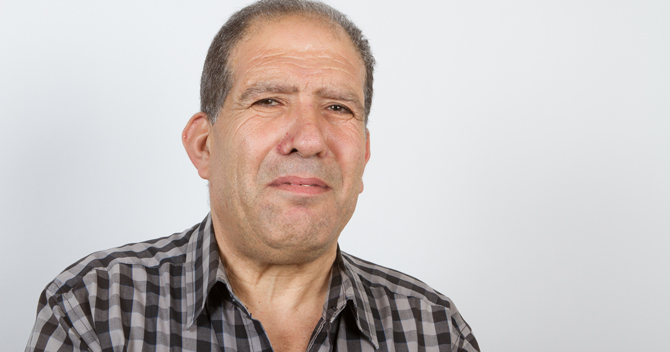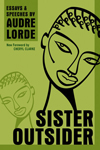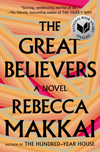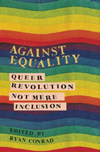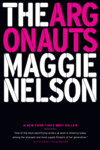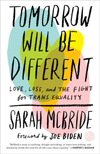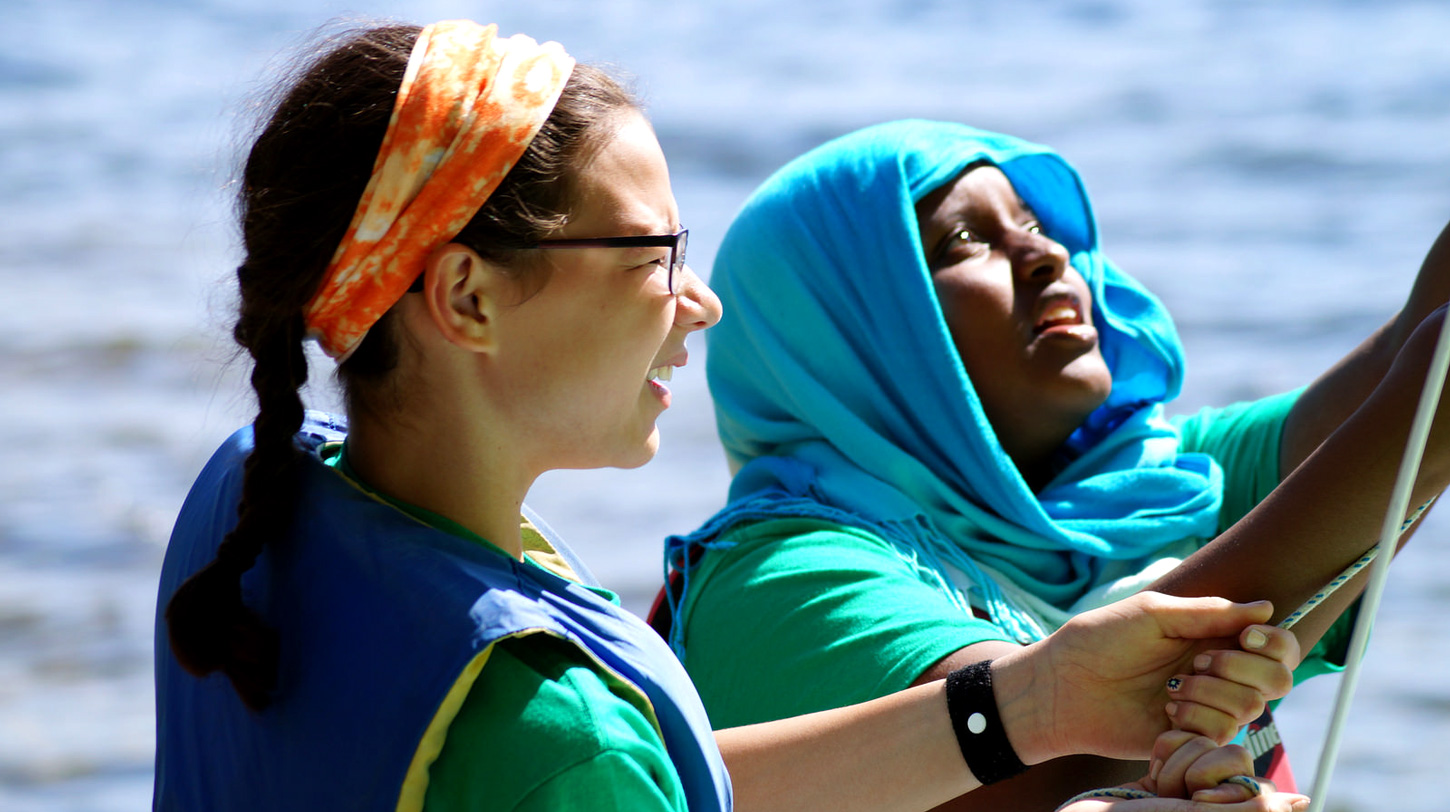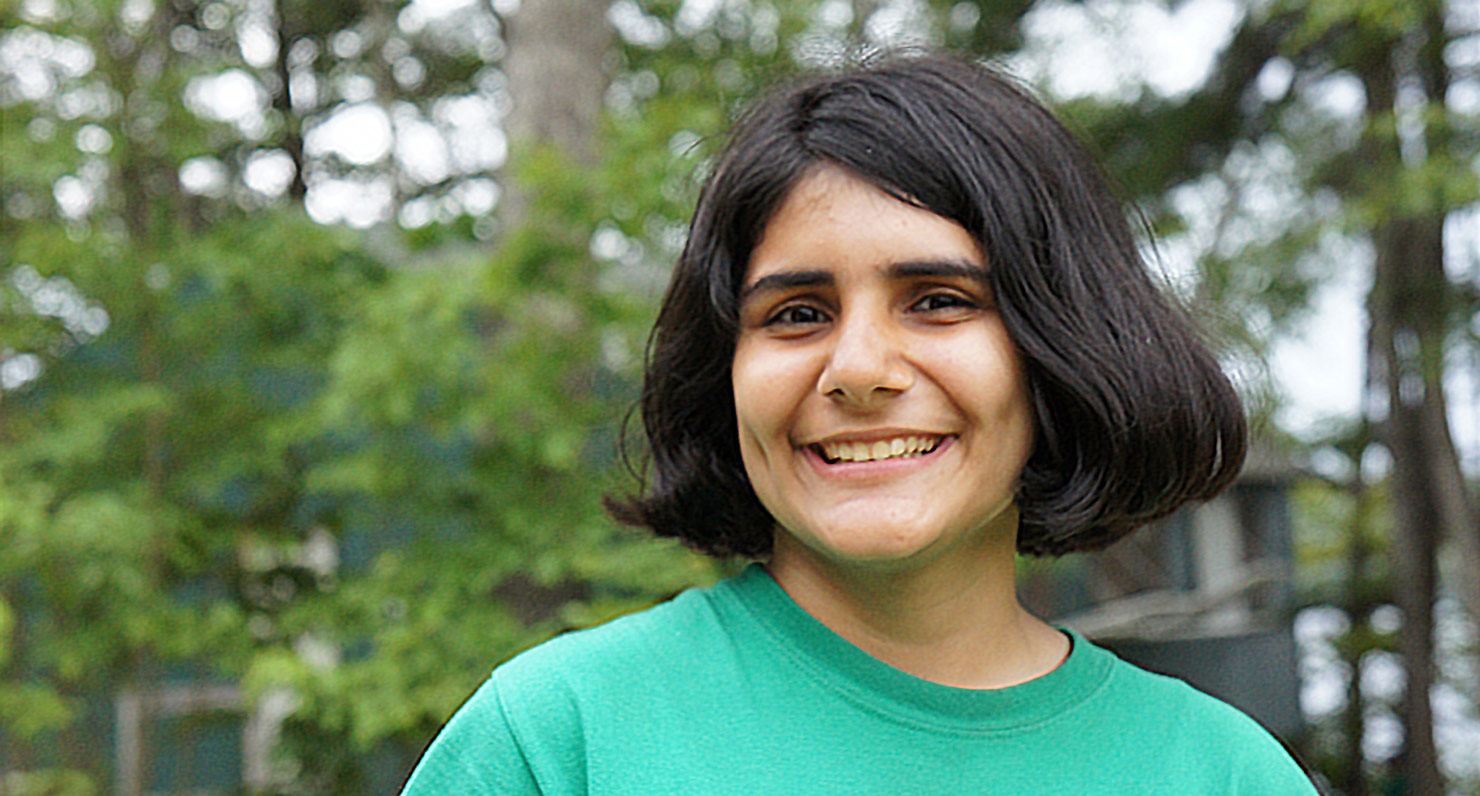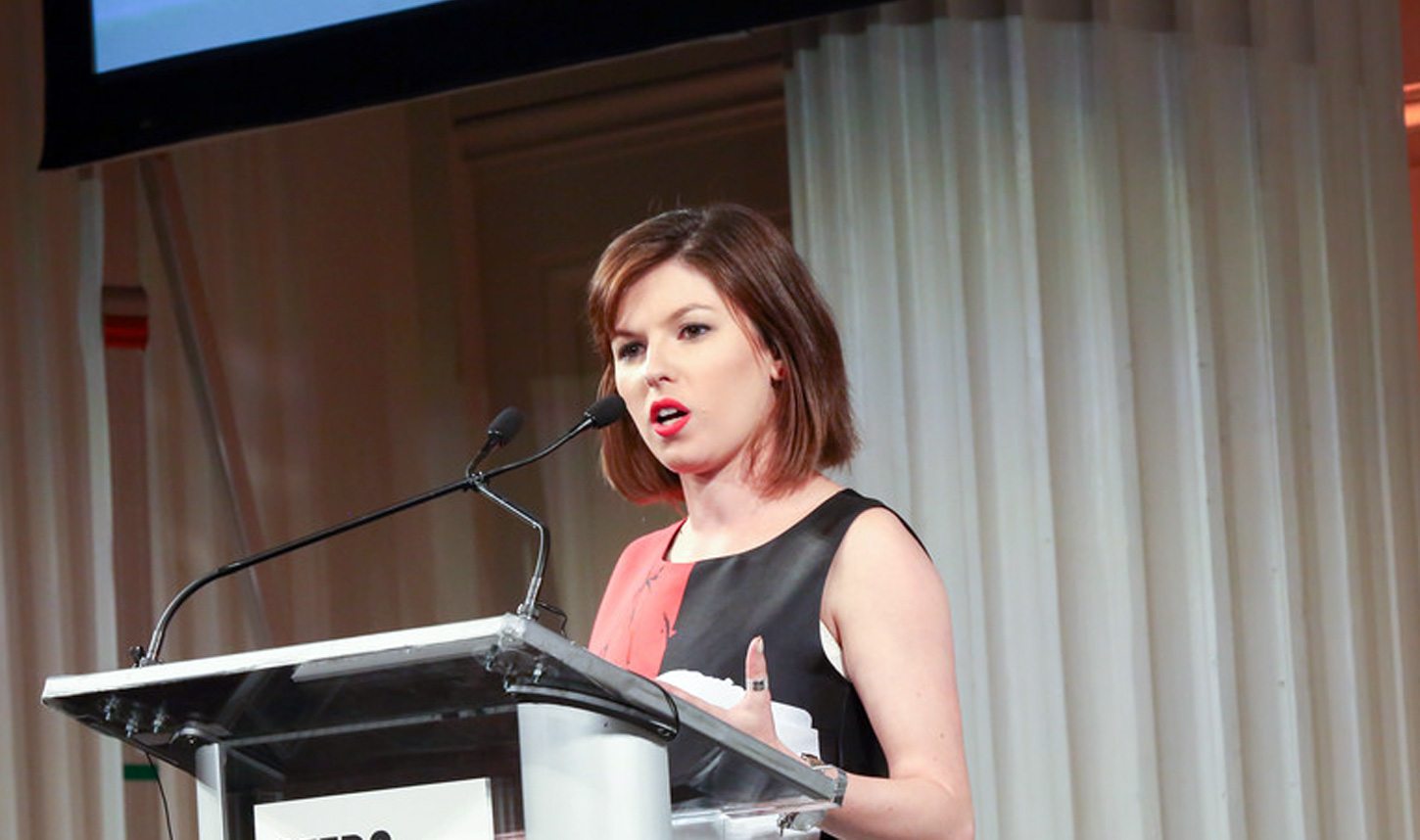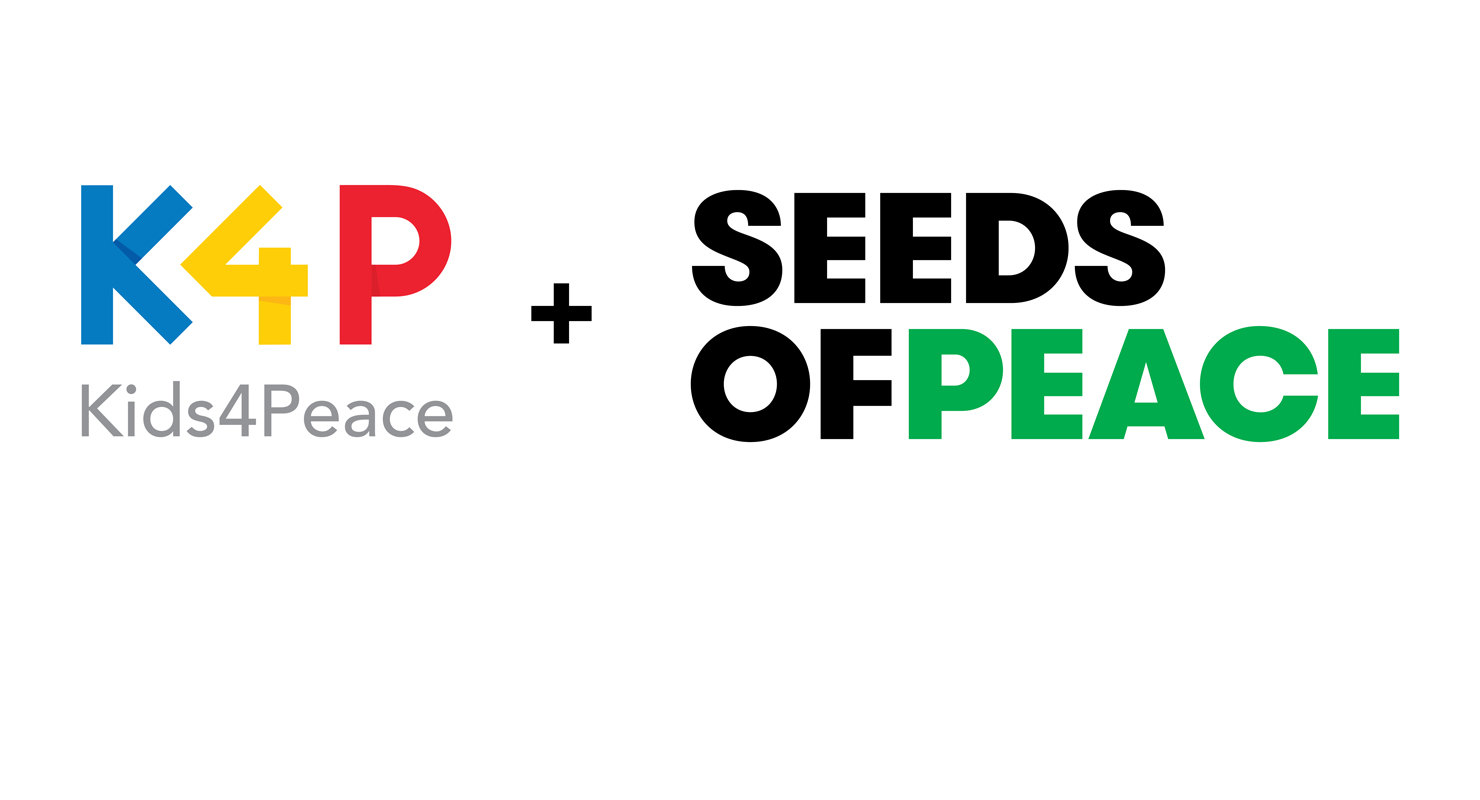LAHORE | Women made up the bulk of visitors at a free medical camp. According to Dr Mahak Mansoor – a gynaecologist who works at Mayo Hospital and was one of the four doctors who volunteered at the camp – said most of them sought advice about reproductive health.
Around 300 people came to the camp, according to the organisers. Free of charge tests for diabetes, calcium and cholesterol levels were also provided.
The camp was set up by the Seeds of Peace, as part of their ‘Change Maker’ programme, in collaboration with the Trust for Education and Development of Deserving Students at The Trust School in Green Town.
Dr Mansoor, said that the women’s interest had highlighted the need for counselling women from rural and impoverished areas about reproductive health. She said that such programmes were essential for incorporating a sense of social responsibility in the youth.
About 10 students from various educational institutes including Beaconhouse School System, Crescent Model School and FC College volunteered at the camp along with 15 members of Seeds of Peace. The young volunteers put up banners and distributed leaflets in the surrounding areas to help create awareness about personal hygiene. They also delivered lectures in Urdu and Punjabi at the camp.


